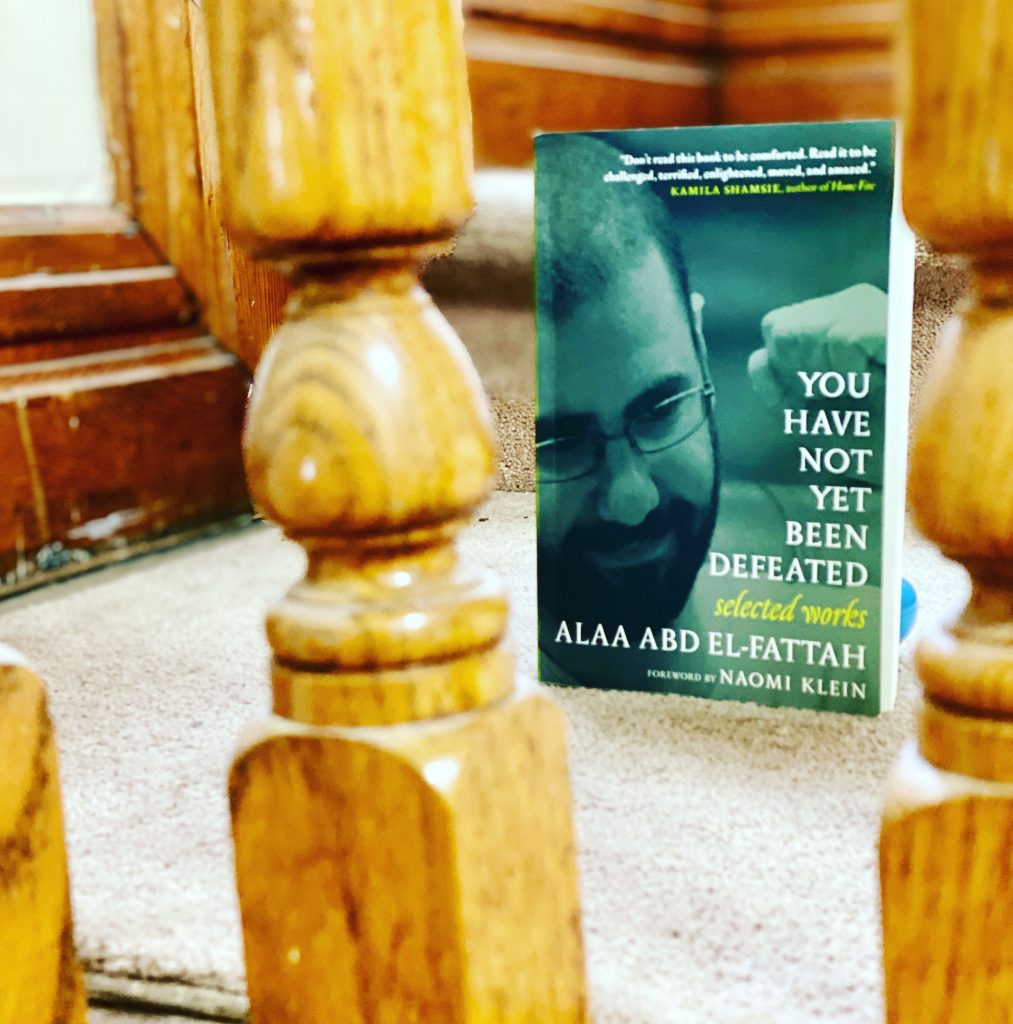
A collection of writings by Egyptian activist Alaa Abd El-Fattah. He first became known beyond Egypt for his role in the revolution of 2011, but he was active well before that and he comes from a longstanding leftist family – his father had been a political prisoner in his youth and went on to become a well-known human rights lawyer, and two of his sisters live lives committed to struggle as well. This book brings together a range of kinds of pieces, from essays to social media posts, that were originally published between 2011, in the midst of the revolution, and 2020 or 2021. After the initial moment of euphoria and possibility, much of that time has been a period of defeat. The author has spent much it as a political prisoner of one sort or another, and he continues to be detained today. (I don’t know the details, but since I read this book I have seen a few suggestions on social media that his circumstances may be actively deteriorating.)
I think there is lots for Western leftists to learn from this book. For one thing, it offers a more complex look at the Egyptian revolution and its aftermath than we usually encounter. It is not, and does not try to be, an exhaustive examination of that globally important moment of struggle, and the scattered glimpses it contains are presented through the eyes of a single participant and do not pretend otherwise, but nonetheless it is a kind of movement-grounded source that we rarely have access to. It is also an unsettling look at what it is like to organize in more overtly authoritarian conditions than many of us in the West currently face – but conditions that may be looming closer for us than we would like to think, as the overlapping crises of our era intensify. It was also interesting and potentially useful to read about a left that has to navigate a much more multi-polar political environment than what we have been used to in the West in recent decades, but which also, with the rise of grassroots far-right forces, looks more like what we are increasingly having to deal with – though I hasten to add that the details in the two contexts are very different in this respect, and it is more the broad challenges of existing among a more complex spectrum of social forces that feels relevant. As well, there are a number of pieces that are worth reading purely as entries in the genre of writings about prison by people who are imprisoned – some very powerful stuff. And, as the foreword by Naomi Klein stresses, the book as a whole is a moving lesson in navigating defeat in a principled way while refusing to abandon the struggle.
I probably would not have picked this up if I hadn’t been given it, but I am so glad that I was – a powerful and fascinating read.
Originally posted by Scott on Goodreads.